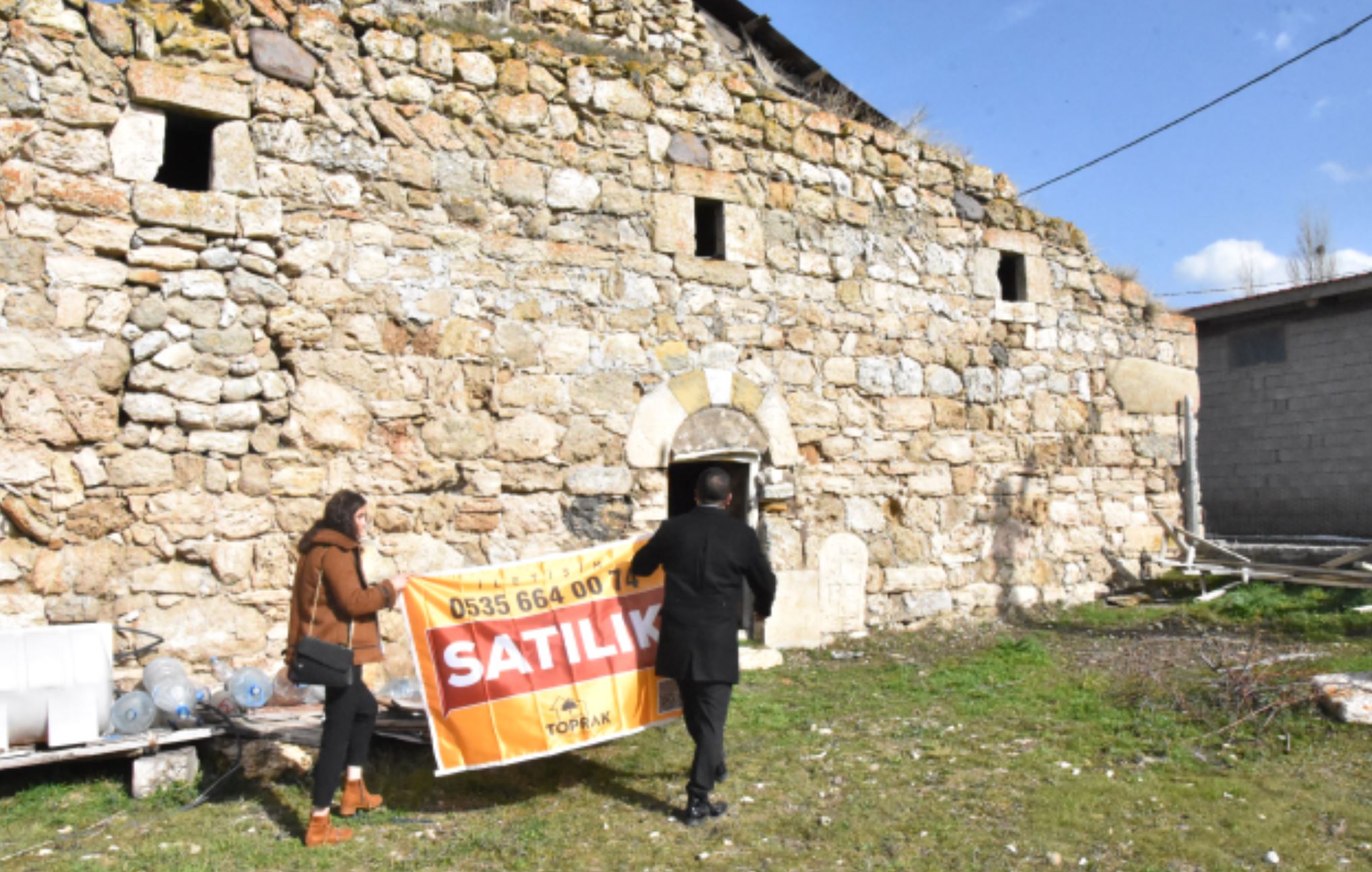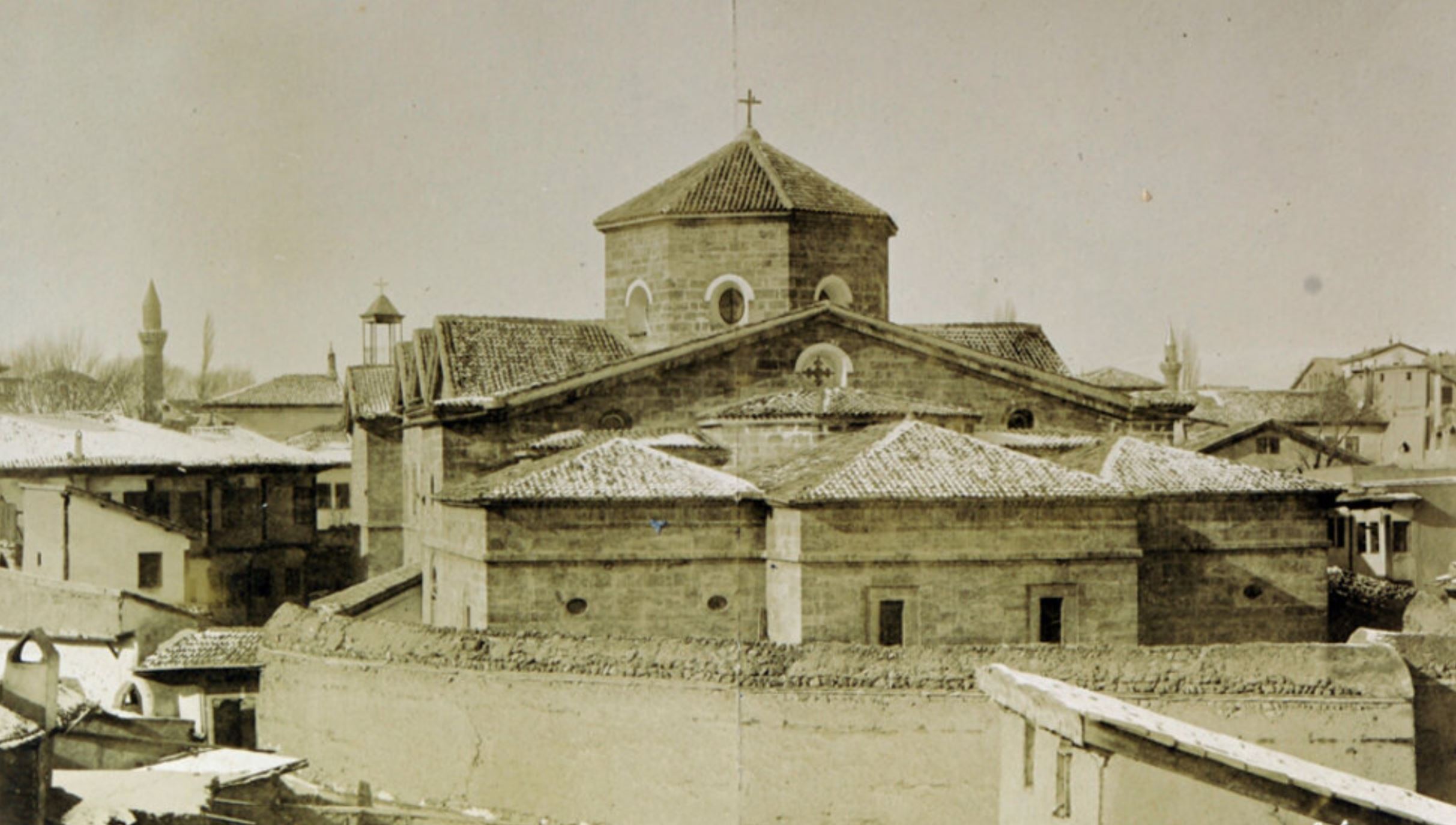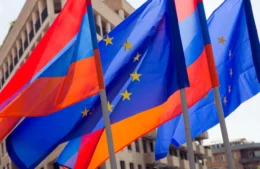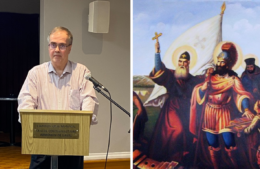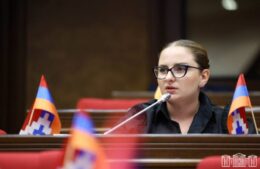The 19th century St. Mary’s Church in Sepastia (Sivas) has been placed on the market by a Turkish realtor with an asking price of $500,000.
According to Ermenihaber news agency, after the Armenian Genocide the church became the property of a local resident named Hatice Akay, who engaged a realtor to sell the property.
Built in the 19th century, the St. Mary’s Church is located in the Goydun village in what is now the Sivas province of Turkey, known as Sepastia. In 2012, the church was registered as cultural protected property, meaning its sale would be prohibited by Turkish laws.
The church has carved crosses in its exterior and interior walls and is built in consecrated stones.
The real estate agent, however, told the DHA news agency that there is a certificate of ownership and there are no obstacles in the sale of this church.
“The church is a protected area of the first degree and is under protection. We have put it on the market today and we are asking 16 million liras [around $500,000] for it,” the real estate agent added.
The proposed sale of the church has triggered anger among both the local community and Christian groups in Turkey.
An investigation has been launched by George Aslan, a Syriac member of the Turkish parliament representing the Peoples’ Equality and Democracy Party (DEM), who has demanded answers regarding this violation from Turkish Minister of Culture and Tourism Mehmet Nuri Ersoy, the Syriac Press reported on Monday.
Aslan emphasized that the sale of Christian churches, monasteries, and places of worship is deeply insulting to Christian citizens.
“It is the government’s responsibility to prevent such sales and preserve these historical religious sites as national heritage,” Aslan stated.
As part of his inquiry, Aslan has posed critical questions to Minister Ersoy, including whether the government was aware of the church’s sale, the legitimacy of the claim that the church deed is privately owned, the number of churches and monasteries owned by the ministry, and whether there are any plans to prevent the sale of religious sites or return them to their communities.
